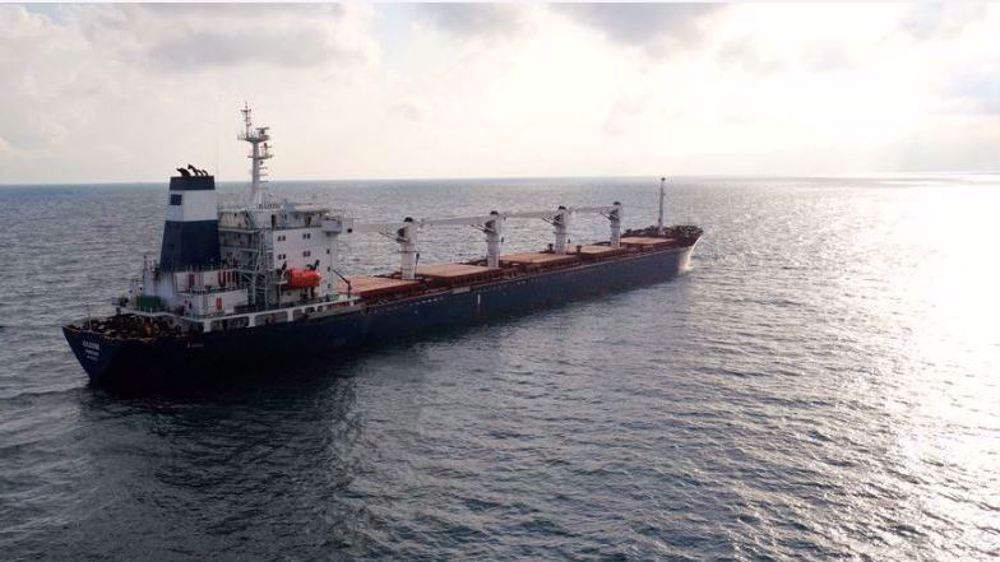The Kremlin terminated an agreement that had allowed Ukraine to export its grain by sea despite a wartime blockade, a deal seen as essential to keeping global food prices stable.
Russia said on Monday that it was ending its participation in an agreement that had allowed Ukraine to export its grain by sea despite Moscow’s naval blockade, upending a deal that had helped to keep global food prices stable and alleviate one element of the global fallout from the war.
Ukraine is a major producer of grain and other foodstuffs, and the United Nations secretary general, António Guterres, said he was “deeply disappointed” by the decision. Millions of people who face hunger, or are struggling, as well as consumers around the world facing a cost of living crisis, will “pay a price,” he said.
“Today’s decision by the Russian Federation will strike a blow to people in need everywhere,” he said.
The Kremlin spokesman, Dmitri S. Peskov, said earlier on Monday that the agreement had been “halted” until Russia’s demands were met.
“As soon as the Russian part is fulfilled, the Russian side will immediately return to the implementation of that deal,” he said. The decision, he said, was not connected to the attack hours earlier on the Kerch Strait Bridge linking Russia to occupied Crimea, which Russian officials blamed on Ukraine. Ukrainian officials have celebrated the attack but have kept silent on whether it played a role.
Russia has repeatedly complained about the agreement and threatened to pull out of it. On Monday, Russia’s Foreign Ministry issued a statement that emphasized its objections, including what it described as continued Ukrainian “provocations and attacks against Russian civilian and military facilities” in the Black Sea area, and said that the United Nations and Ukraine’s Western allies had not resolved Russian points.
“Only upon receipt of concrete results, and not promises and assurances, will Russia be ready to consider restoring the ‘deal,’” the statement said.
The agreement, known as the Black Sea Grain Initiative and brokered by the United Nations and Turkey, expired on Monday following the latest in a series of short-term extensions, the last of which was in May.
Turkey’s president, Recep Tayyip Erdogan, said he would speak to President Vladimir V. Putin of Russia about the agreement and signaled hope that it could be revived.





